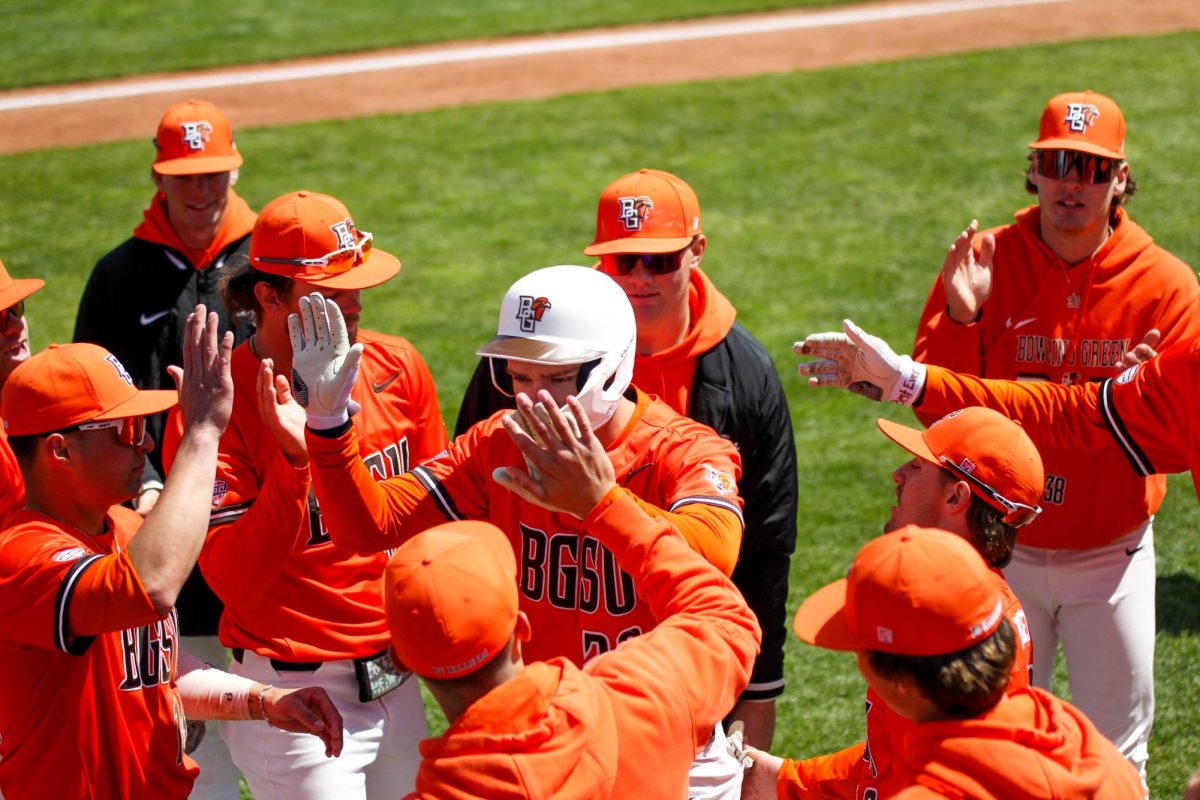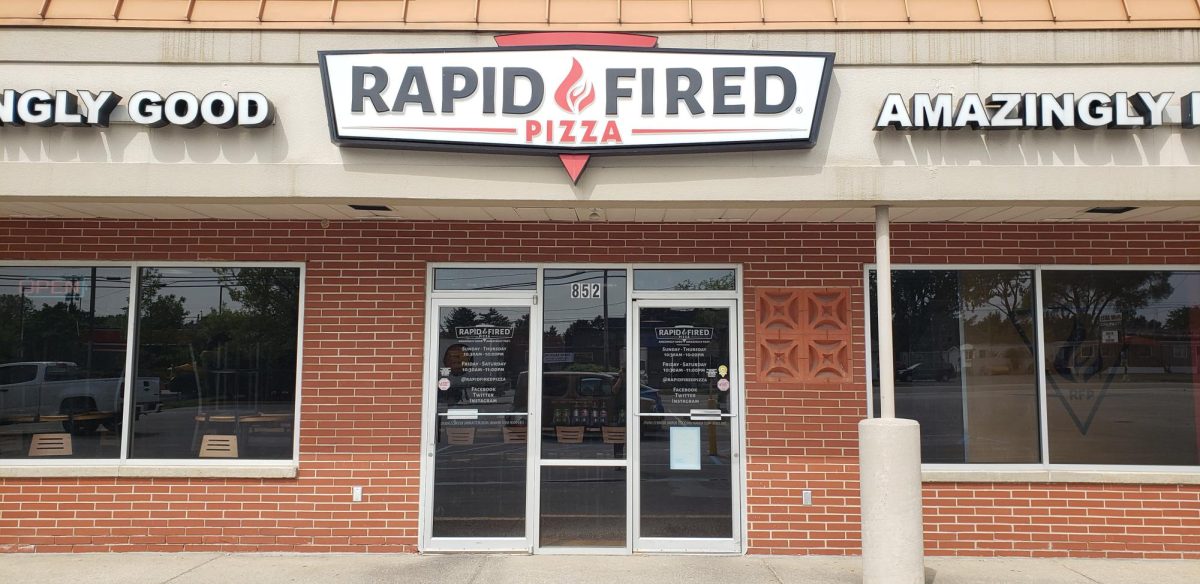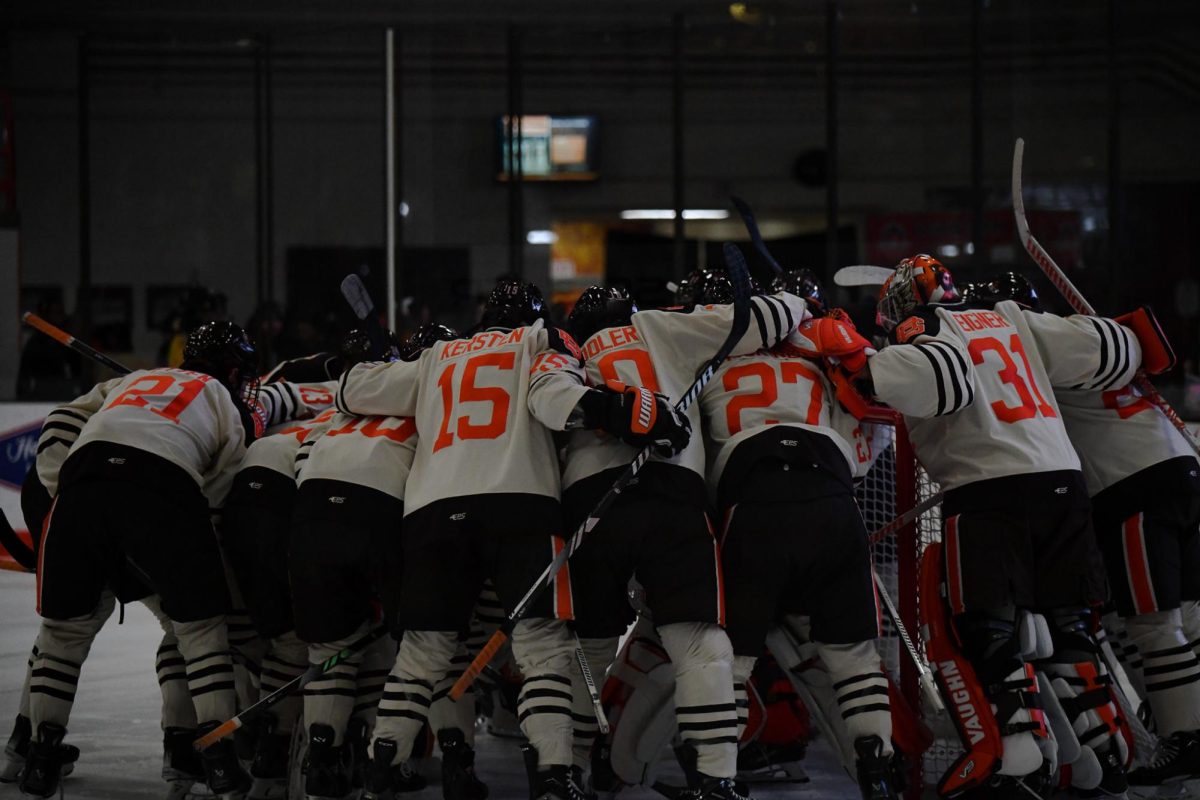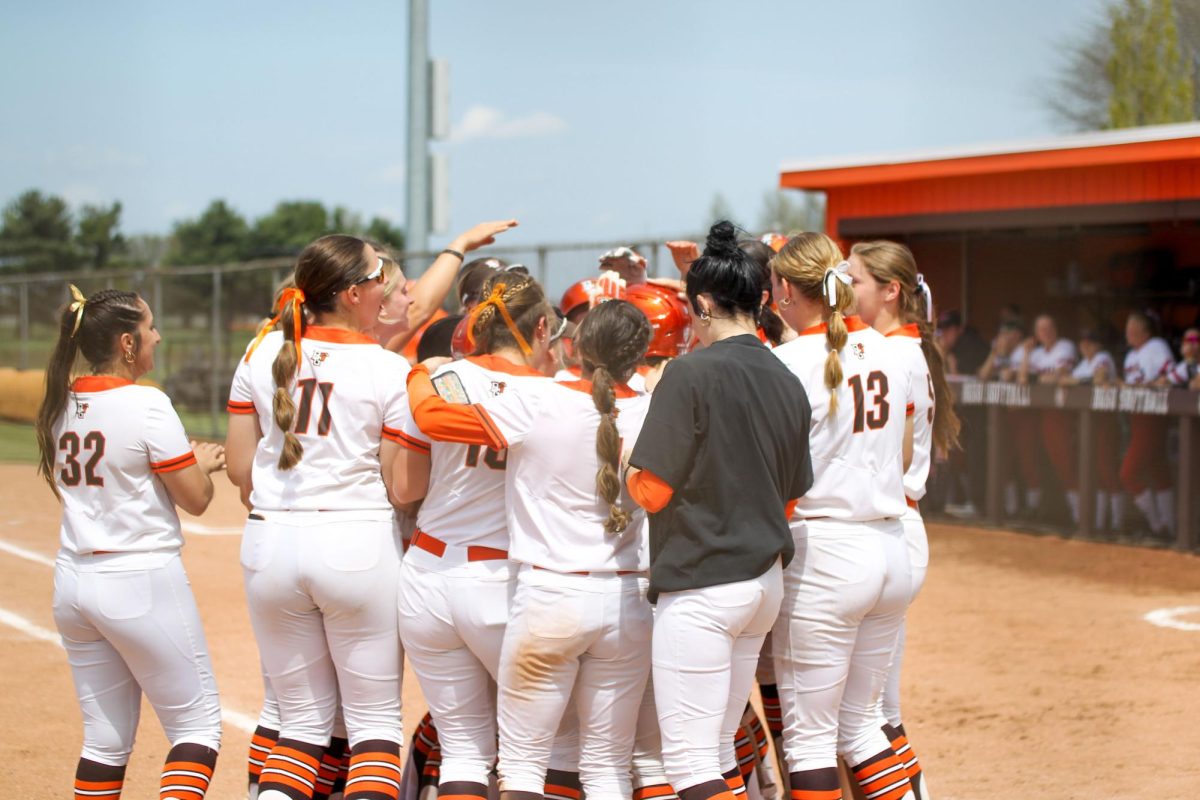When coming to college, the obvious changes include dorm life, new classes, a new town and different food. But for some students, many of these transitions can impact their religion as well.
One of the biggest differences between practicing religion at college and during high school is the lack of parental influence.
“The main thing is once a student comes to college, he or she has a decision whether or not to continue on with their faith and make it their own,” said Ryan Rahrig, president of Creed on Campus, a Catholic organization.
They need to understand why it’s important for them, Rahrig said. They need more than just somebody telling them it’s good for them.
And everybody practices faith differently.
Some flourish by joining organizations and getting deeply involved socially. Others might choose to only attend formal church worship, while others might not even participate in organized religion.
“They could be raised in a strict religious background and reject all of that,” said Jeremy Wallach, a former adviser of Hillel, a Jewish organization.
For those who choose to continue with their practices, they also have to adjust to a new congregation.
“The network they have at home has to be extended or rebuilt when they come to college,” said Bishop Craig McClanahan of the Church of Jesus Christ of the Latter Day Saints.
Socials and activities organized by a church or group can help take the place of the role of the parental support, McClanahan said, but also “hopefully for most of them the parental involvement continues, but is just long distance.”
Another big difference that could impact students’ religion in college is time.
There are so many conflicting demands on students’ time and energy that they have to decide how to invest their effort and figure out what to take seriously, Wallach said.
There’s a lot of pressure to achieve academically, and making money is another concern that might not have been so important before.
“Most high schoolers don’t work 35 hours a week,” Wallach said. All sorts of decisions come about that weren’t relevant to many students’ lives before.
“These wrenching transitions are a part of growing up,” Wallach said.
But he also said the transition is a process, and religious identity might not be questioned or realized for a couple of years.
“A lot of people might spend two to three years procrastinating,” he said. Especially if friends aren’t actively involved in religious activities. “Generally people want to go along with what everyone’s into.”
But it’s also common for some students to get involved in religions other than their own, through a church or an organization, Rahrig said. Students might identify more with another religion, despite what they were brought up with, or they simply might be curious about the history and teachings of another religion.
“Sometimes people are very curious and want to talk to others with another religion,” said Madeline Duntley, an associate professor in American culture studies.
Inter-religious friendships can help students explain and explore different religions as well as cause their own religion to deepen, Duntley said.
For Angie Wasserman, vice president of Creed on Campus, it was important to try out different religious organizations to learn more about them. Through attending different groups, she said she started to learn more about her own faith.
“You’re definitely questioning more things,” she said.
Being in a new environment can help make students more curious about what their own beliefs are. And even if students might not have the time or means or interest to join any campus organization or church, some of them may still think of themselves as religious.
Community service and volunteer projects are other ways students can find meaning, said Duntley.
“Things we think are entirely secular, they find meaning in,” Duntley said.
McClanahan said that’s what college is for: becoming open to new ideas and concepts. These are the years most used to ask questions about growth and spiritual awakening.
In college, “you can be who you want to be on your terms,” Wallach said. “Once you get out of college, you have to conform to the rules or your profession.”

















